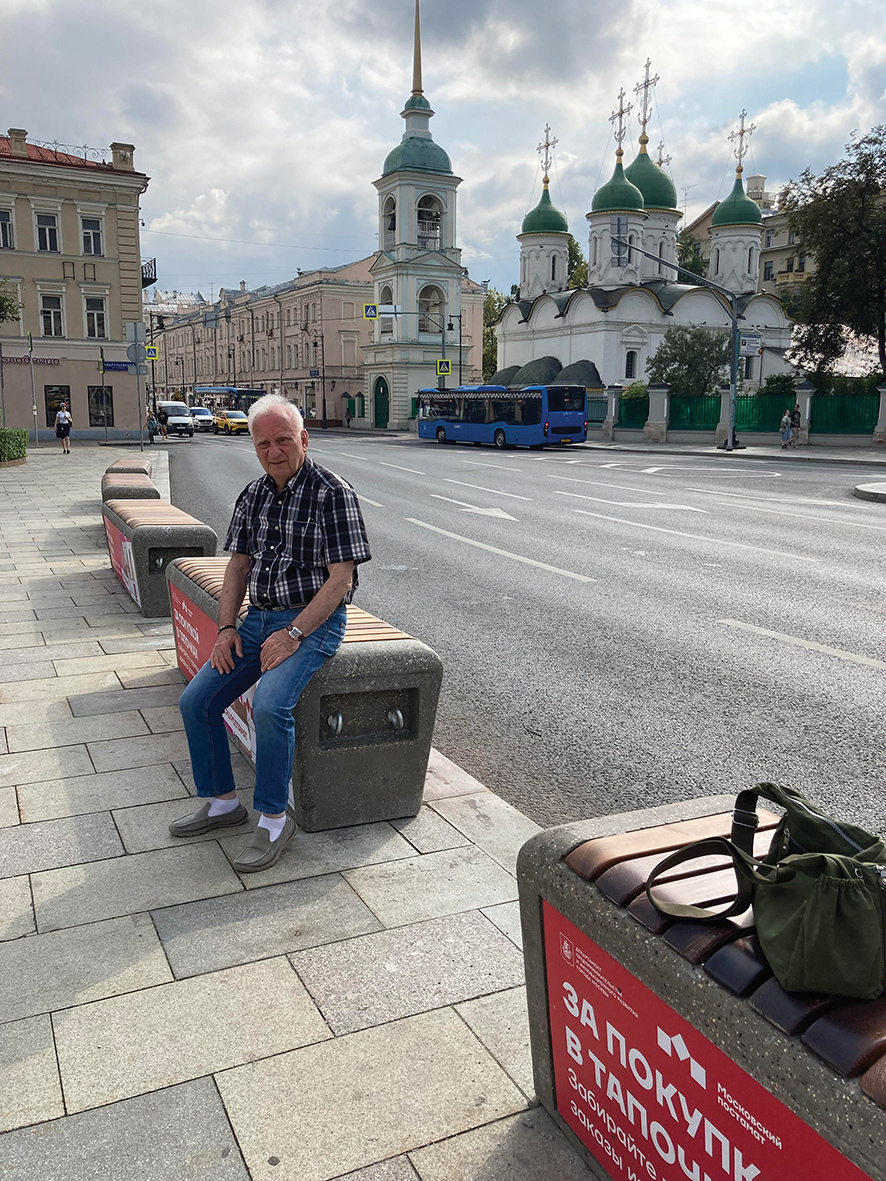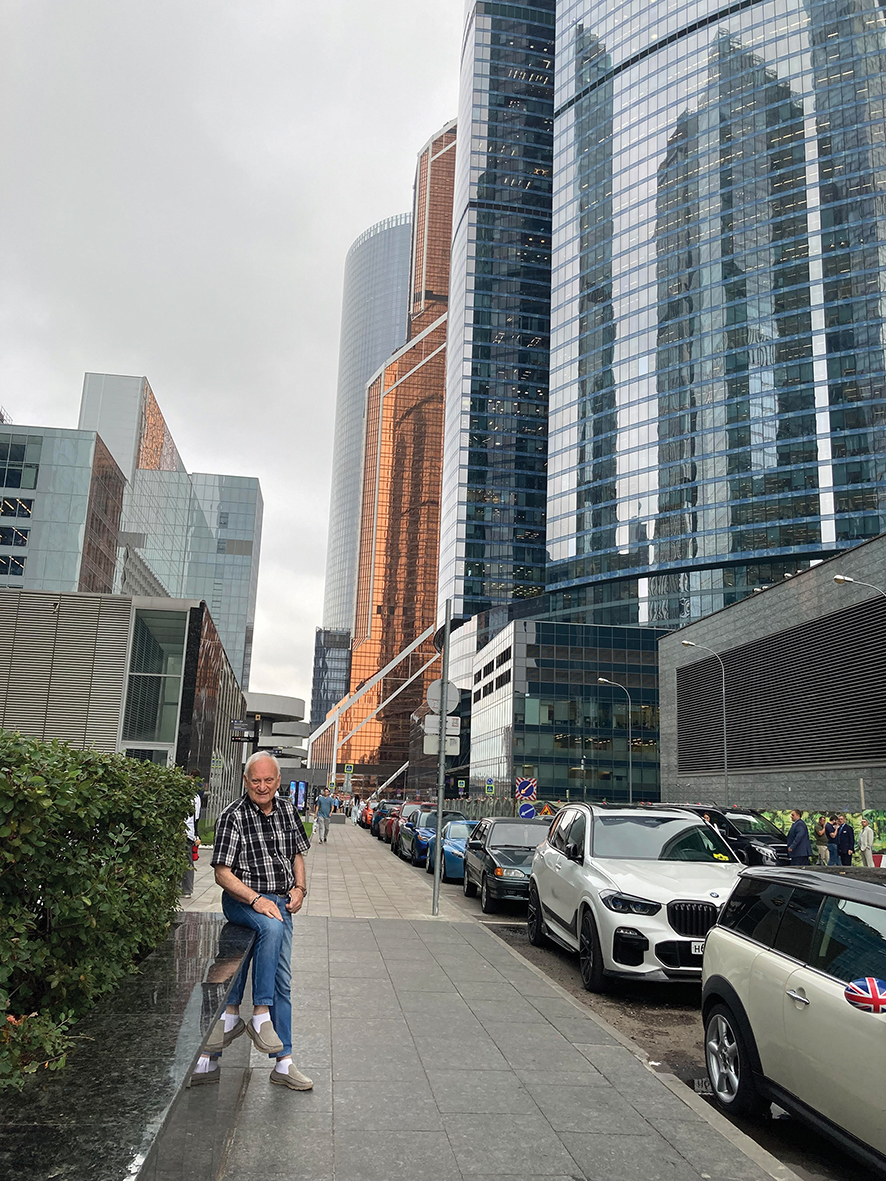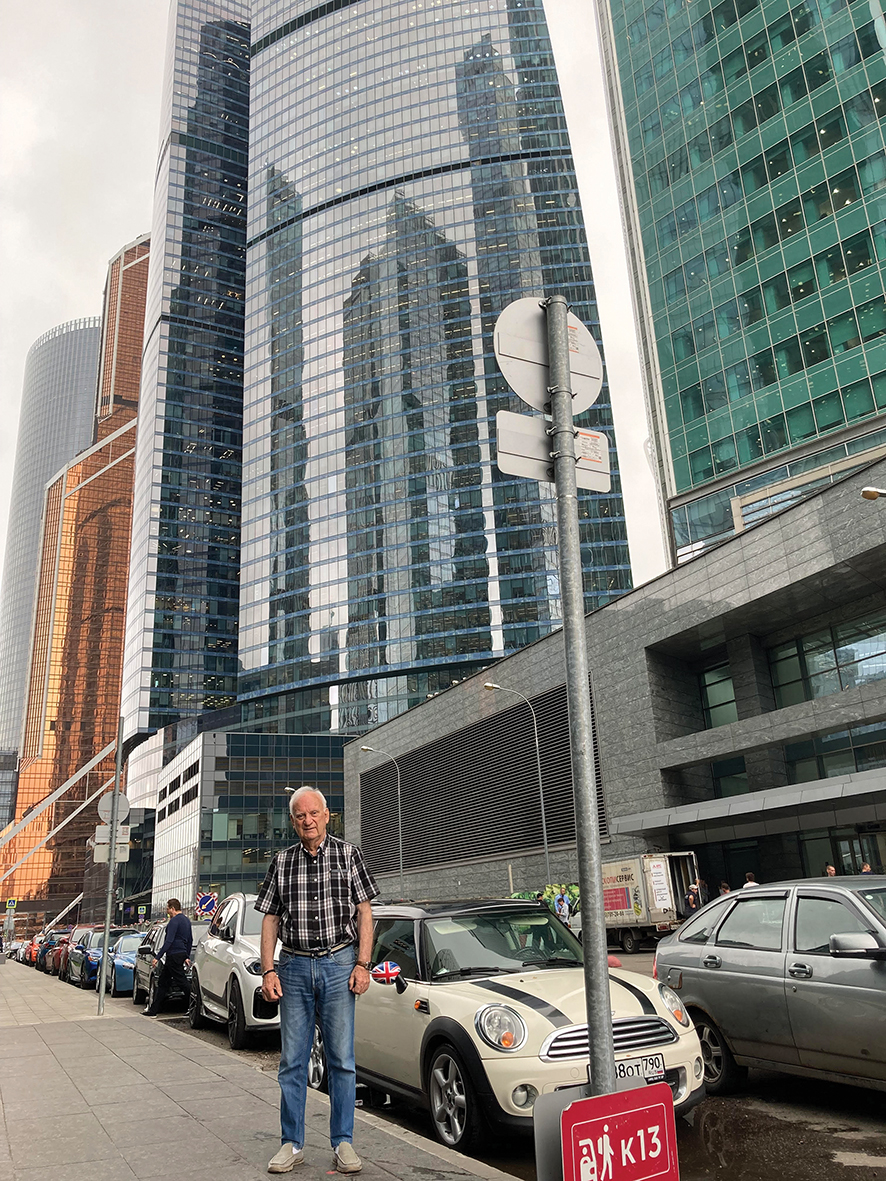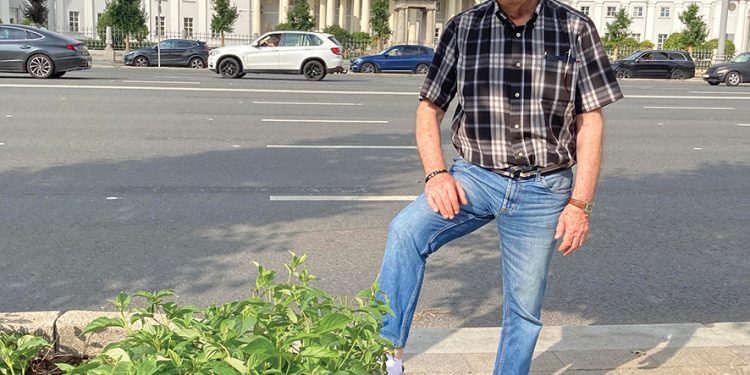Whether we want to admit it or not, the world is already globalized, and reversing the process is hardly conceivable, although the approach to globalization is quite versatile in today’s world – some of us think it is good and others are convinced that there is something wrong with the entire idea. In determining whether the Earth is a globalized place or not, various attitudes and evaluations pop up. For instance, if we look at the way we are clad, the world might seem utterly globalized: your shirt might be made in Turkey, jacket in Italy, shoes in Spain, trousers in Korea, socks in China, tie in France, pants in Bangladesh and singlet in Nigeria. But if we are in Russia by any chance, as I am right now, the globe might sooner appear dissimilar than homogeneous.

99.99% of the folks we behold in the streets of Russian towns are of Caucasian race, which tells us how far away Russia is from the fact of the world’s globalization, but all those Russian pedestrians, hurrying somewhere, are dressed in jeans and T-shirts, sneakers and slippers, many of them, both men and women, in shorts; girls in pervasive miniskirts or leggings, most females in scanty or see-through dresses, which says that even Russia appears flagrantly globalized. But go to any of the myriad Orthodox churches that are scattered around, literally in their hundreds along the interminable Volga River, not to mention in Moscow and St. Petersburg, and one immediately knows for sure that Russia has nothing to do with the globalized world. Incidentally, speaking about the church life here, it seems as aged, stern and puritanic as it has been for centuries in the demanding Russian Christian Orthodox realm.
Strolling along the old streets of Moscow, inevitably passing by the truly impressive, but eternally stigmatized, Kremlin walls and towers, one can’t help thinking that nothing will ever change here and become akin to the rest of the world, although globalization seems to be at a stone’s throw from that eye-sore called the Lenin Mausoleum. One doesn’t have to enter it (although curiosity might eat one alive) to believe that the creator of the monstrous Soviet Empire and the nonsensical communist dystopia is no longer operational, but it might shatter the nervous system of any passerby thinking that Lenin now lays there in state only for the world to witness that he might someday rise again.

Having left the weathered and inexplicably intimidating Red Square to find myself among the newly built bunch of Moscow skyscrapers, I wouldn’t even know that I am not in Manhattan if I were not reminded that it is the Russian capital that is trying to impress me, home to 12,719 high-rise buildings, 22 of which stand higher than 183 meters. Impressive, isn’t it? And this is a city view which speaks volumes about Russia’s factual modernization and incipient globalization. The new Moscow doesn’t have anything to do with the old Stalinist-era Seven Sisters, designed almost a century ago. The sight of those aged soviet architectural giants, topped with those inevitable steeples, make me think that Russia is still there in the epoch of a socialist daydream, but the new world of those eye-catching western-style skyscrapers definitely confirm my suspicion that Russia is changing; making massive strides towards the pinnacles of what we are used to calling the globalized Earth.

When you are physically here, nothing leads you to contemplate the military conflicts happening in the contemporary world, unless you catch momentary sight of them on a TV screen. This is the only discrepancy between the real world, that suggests to a visitor this is a nice place, and the one where drones fly above and the streets are scattered with our fallen fellow humans, left waiting to be interred by the remaining Good Samaritans. Nobody knows what will happen next, even in the near future, but for now, there is peace here in the big old and new Moscow, even while, somewhere not very far from here, somebody is likely dying as I write this. And the globalized world, which is yet ominously disparate and dumb, can’t help it. Isn’t it funny? Bitterly funny?
Blog by Nugzar B. Ruhadze














